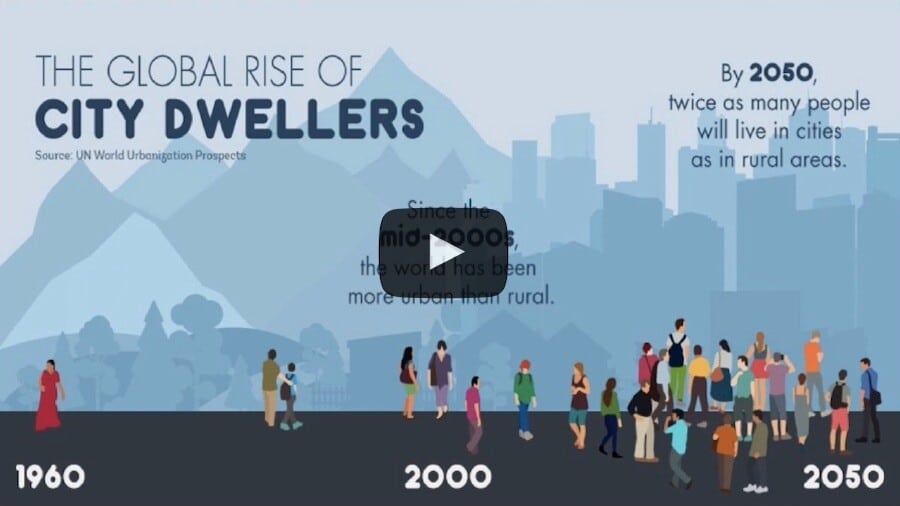Not an IASC member yet? Please follow this link to see membership options and benefits.

Abstract
This paper uses the example of a lost urban commons – the Dharmambudhi lake within the South Indian city of Bengaluru to illustrate the profound and long standing effects of historical socio-technical infrastructural change. We demonstrate the processes by which capitalist urban development in the 19th century led to collapse of the lake system. Further, we show, how, by removing the use of the water body, it became possible to destroy the ecological infrastructure of the city, making it unusable to people within the city. This coupled with technocratic narratives of efficiency and scarcity led to the co-opting of the resource rendering them separate from urban life.This paper uses the example of a lost urban commons – the Dharmambudhi lake within the South Indian city of Bengaluru to illustrate the profound and long standing effects of historical socio-technical infrastructural change. We demonstrate the processes by which capitalist urban development in the 19th century led to collapse of the lake system. Further, we show, how, by removing the use of the water body, it became possible to destroy the ecological infrastructure of the city, making it unusable to people within the city. This coupled with technocratic narratives of efficiency and scarcity led to the co-opting of the resource rendering them separate from urban life.